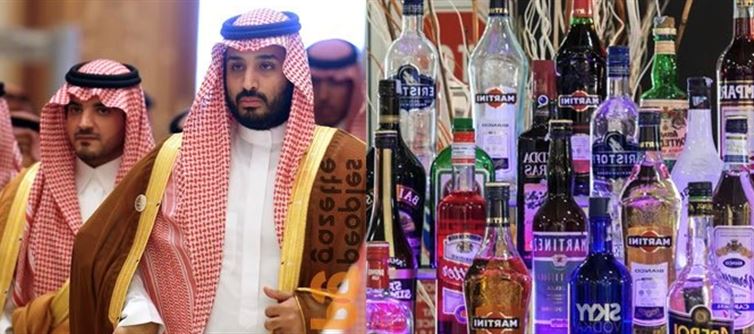
The move is part of Crown prince Mohammed bin Salman's broader Vision 2030 initiative, which aims to diversify the economy, reduce dependency on oil, and position the country as a global tourism and investment hub. Allowing alcohol, even in limited zones—such as luxury resorts, international zones, or diplomatic quarters—signals a calculated attempt to attract foreign visitors and reshape the kingdom’s image on the global stage.
This policy shift, however, is not without controversy. Domestically, the introduction of alcohol challenges deeply ingrained religious and cultural norms. Conservative segments of Saudi society may view the move as a dangerous erosion of Islamic values, potentially leading to social tensions or backlash from religious authorities.
To mitigate this, the government is expected to tightly control the availability of alcohol—limiting it to non-Muslims in heavily regulated environments—rather than permitting its widespread use. The balancing act between modernization and maintaining religious legitimacy remains delicate, and how effectively the state navigates this tension will shape the policy’s long-term success.
Internationally, the decision is likely to be welcomed by investors, expatriates, and tourism stakeholders who see it as a sign of Saudi Arabia's willingness to liberalize. It aligns with other reforms, such as allowing women to drive, opening cinemas, and promoting entertainment and cultural events.
However, the move also raises questions about the kingdom's broader human rights record and whether these changes represent genuine liberalization or carefully curated reforms aimed at economic gain. Still, alcohol legalization marks a symbolic break from Saudi Arabia's ultra-conservative past and a bold—if controversial—step toward redefining its national identity in the 21st century.




 click and follow Indiaherald WhatsApp channel
click and follow Indiaherald WhatsApp channel